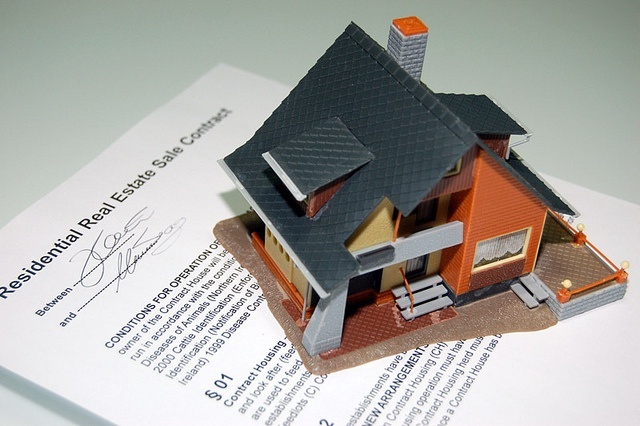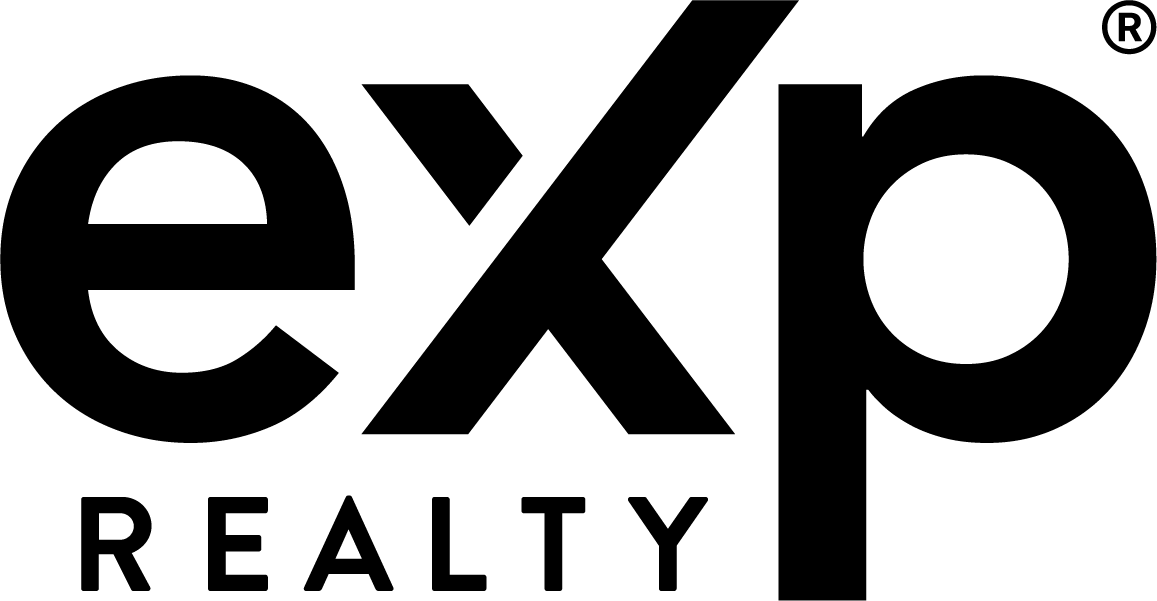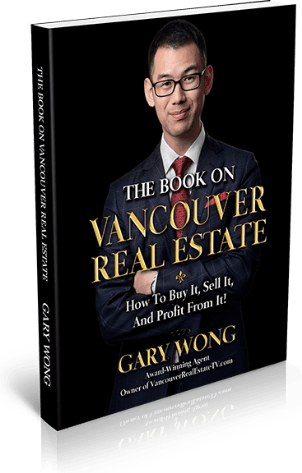If you want to start an investment then real estate is some of the best places to begin. Check out these tips on how you can start:
1. Buy shares in a real estate investment trust
You can invest in a REIT, but doing so involves buying shares of a portfolio of properties. “It’s really more like buying a stock or buying into a fund,” Baron says. “It’s a completely different animal from owning real estate directly.”
“There are three layers of value – the real estate itself, the management and cash flow that supports the trust, and the fund based on the trust,” explains Gary Gastineau, founder of ETFConsultants.com, based in Bonita Springs, Florida. “It’s a very different vehicle than buying real estate, but most of us can’t just go out and buy 1 percent of a skyscraper.”
Adding a REIT to your portfolio can complement stock and bond funds, Gastineau says, but you must be sure you understand how the real estate fund is designed and how its managers will likely extract value from the holdings. You can buy shares of REITs and real estate-based funds, but the performance of the funds is based on both cash flow and gains from occasionally selling properties – a very different scenario from the typical performance drivers of stock and bond funds. Source
2. Set your goals
What are you looking to achieve? What does success look like to you? Property investors generally invest in property to secure their financial future or to be free to do what they want, when they want it.
In order for you to achieve your goals, you must first articulate what your goals are. More importantly, you need to set a deadline as to when you want to achieve these. Then you can work backwards.
For example, if you’re looking to replace your income and retire on your investments within 10 years, you can start by creating a 10-year plan, broken down further to 5-yearly, yearly, bi-annual all the way down to weekly timeline. This way you don’t get overwhelmed by the enormity of the task. Source
3. Leverage
With the exception of REITs, investing in real estate gives an investor one tool that is not available to stock market investors: leverage. If you want to buy a stock, you have to pay the full value of the stock at the time you place the buy order. Even if you are buying on margin, the amount you can borrow is still much less than with real estate. Most “conventional” mortgages require 25% down, however, depending on where you live, there are many types of mortgages that require as little as 5%. This means that you can control the whole property and the equity it holds, by only paying a fraction of the total value. Of course, your mortgage will eventually pay the total value of the house at the time you purchased it, but you control it the minute the papers are signed. Source
Now that you know how to start, it’s time to start investing in real estate and make some more money.
Contact:
Gary Wong Realty
2105 West 38th Ave.
Vancouver, BC V6M 1R8
(778) 862-9787






 Yvonne Yang
Yvonne Yang 
 Carlos Garcia
Carlos Garcia 


